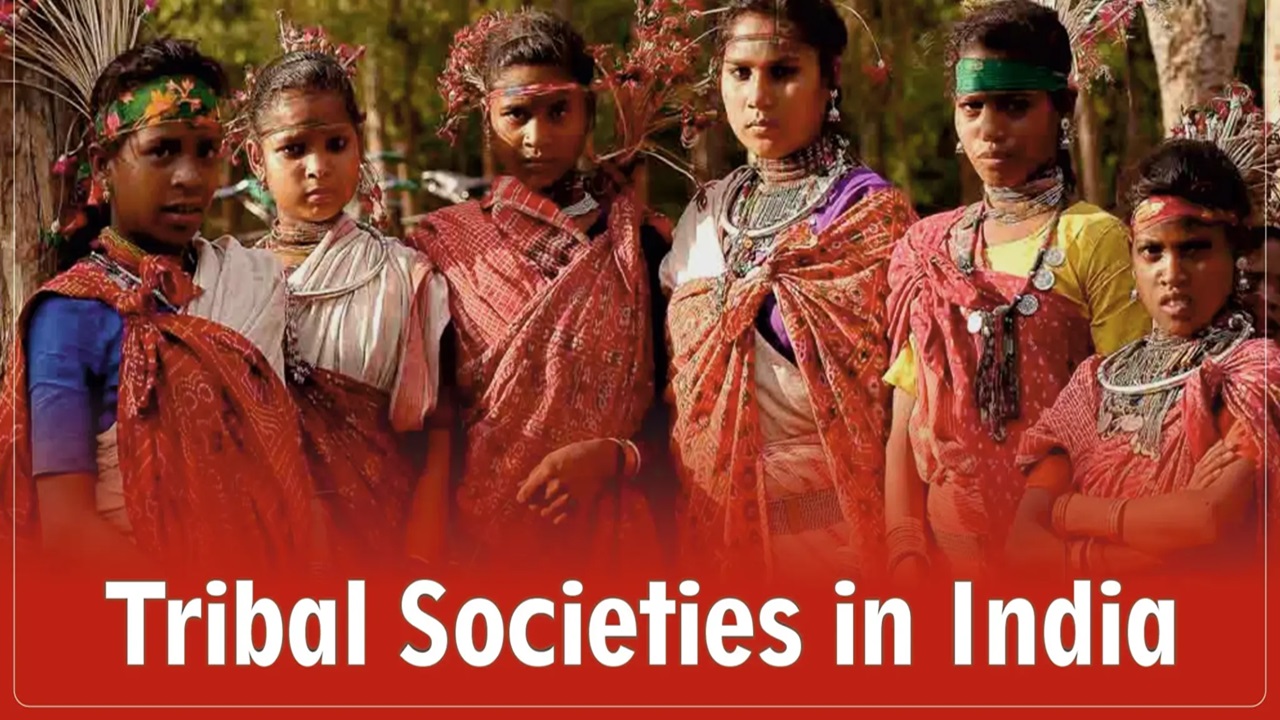Jenu Kuruba Tribe and the Forest Rights Act, 2006
Introduction
The Jenu Kuruba tribe is an indigenous forest-dwelling community primarily residing in the forests of Karnataka, India. The word "Jenu" means honey in Kannada, highlighting their traditional livelihood of collecting honey and other forest produce. Like many other tribal groups in India, the Jenu Kuruba have long depended on forests for their survival—economically, culturally, and spiritually.
In recent years, they have invoked the Forest Rights Act (FRA), 2006 to assert their legal rights over forest land and resources that they have traditionally protected and used.
About the Forest Rights Act, 2006
Official Name:
The Scheduled Tribes and Other Traditional Forest Dwellers (Recognition of Forest Rights) Act, 2006
Nodal Ministry:
Ministry of Tribal Affairs, Government of India
Enactment Purpose:
Historically, forest-dwelling communities were excluded from legal ownership or decision-making rights over forests, despite living there for generations. The FRA was enacted to correct this historical injustice by recognizing and granting legal rights to these communities.
Objectives of the FRA
-
To recognize and vest forest rights and occupation in forest land in favor of:
-
Scheduled Tribes (STs) who primarily reside in forests
-
Other Traditional Forest Dwellers (OTFDs) who have lived in forests for at least three generations (75 years) before 13 December 2005
-
-
To empower forest communities to conserve forests and biodiversity
-
To promote sustainable use of forest resources for livelihood and cultural purposes
Types of Rights Under FRA
-
Individual Rights:
-
Right to live in and cultivate forest land that individuals or families have been occupying
-
Right to reside in forest areas
-
-
Community Rights:
-
Right to collect, use, and sell minor forest produce (e.g., honey, bamboo, fruits, medicinal herbs)
-
Rights over community forest resources (CFRs) such as grazing areas, water bodies, and sacred groves
-
-
Habitat Rights:
-
Particularly for Particularly Vulnerable Tribal Groups (PVTGs) to conserve their customary habitat
-
Eligibility Criteria
-
Scheduled Tribes (STs): Must be residing in the forest and dependent on it for livelihood
-
Other Traditional Forest Dwellers (OTFDs): Must have lived in and depended on forest land for at least 75 years, prior to 13 December 2005
Role and Powers of the Gram Sabha
The Gram Sabha (village assembly) plays a central role in the implementation of FRA. It is the first and most important authority in the process.
Key Functions:
-
Initiates the process of claiming forest rights by inviting and collecting claims
-
Verifies and approves claims based on oral evidence, traditional knowledge, and records
-
Passes resolutions to be submitted to higher authorities (e.g., Sub-Divisional Committee)
Appeals and Redressal Mechanism
-
If a claim is rejected or disputed, the individual or group can appeal to:
-
Sub-Divisional Level Committee
-
District Level Committee (if required)
-
-
These committees are responsible for reviewing decisions and ensuring justice is delivered fairly
Duties and Responsibilities of Right Holders
While rights are granted, responsibilities are also expected from forest dwellers:
-
Protect and conserve wildlife, forests, and biodiversity
-
Safeguard water sources, forest streams, and catchment areas
-
Ensure sustainable use of forest resources to avoid degradation
Implementation Challenges
Despite being a powerful law, FRA faces several implementation hurdles:
-
Unclear Identification:
-
Difficulty in correctly identifying eligible STs and OTFDs due to lack of documentation
-
-
Low Awareness:
-
Many forest communities are unaware of their rights under the FRA
-
-
Bureaucratic Delays:
-
Slow processing of claims due to administrative inefficiency or resistance
-
-
Legal Hurdles:
-
Competing laws (e.g., Forest Conservation Act, Wildlife Protection Act) sometimes override FRA provisions
-
-
Uneven Implementation Across States:
-
Some states have actively implemented FRA, while others have shown minimal progress
-
Jenu Kuruba’s Assertion of Forest Rights
-
The Jenu Kuruba tribe, like many others, has been displaced from traditional forest habitats due to conservation projects (e.g., creation of national parks and wildlife sanctuaries).
-
By filing claims under the FRA, they are:
-
Seeking legal recognition of their right to reside and collect forest produce
-
Asserting their role as traditional guardians of forests
-
Demanding inclusion in forest conservation efforts as equal stakeholders
-
Conclusion
The Forest Rights Act, 2006 is a landmark legislation aimed at ensuring justice to tribal and forest-dependent communities. By recognizing historical ties with forests and providing legal backing to their rights, it helps empower local communities and promotes ecological conservation through inclusive governance.
The Jenu Kuruba tribe's efforts to reclaim their rights represent a broader movement among indigenous communities in India to gain rightful access to land, livelihood, and dignity



.jpg)
Comments (0)